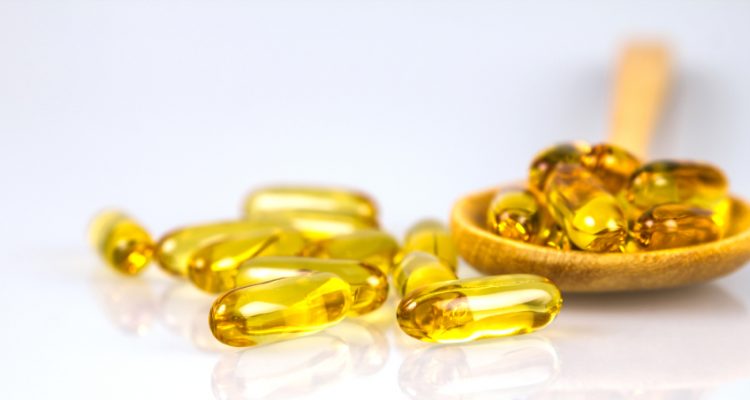
Antioxidants are talked about a lot these days—usually, about their benefits. These vitamins help protect your cells from DNA damage caused by free radicals, giving your body a strong defense against illness and disease. Without them, over time, your cells can begin to look like the equivalent of a rusty old car.
But just because they offer a multitude of health benefits and are highly recommended by health enthusiasts, publications, and of course, supplement manufacturers, it doesn’t mean they are beneficial for every condition. In fact, new research is illustrating how antioxidants can actually worsen certain diseases.
For example, past human studies have shown antioxidants beta-carotene, vitamin A and vitamin E can increase the risk and rate of lung cancer in smokers. There is now new research showing antioxidants can actually promote cancer growth in smokers and other people with a high risk for lung cancer, according to a lab test conducted on mice by a research team in Sweden.
Their findings suggest that the antioxidant supplement acetylcysteine “short-circuits one of the body’s key immune responses in malignant cells.” The antioxidant was able to block a particular protein from doing its job and repairing damaged DNA.
The supplement reduces damage to the cell so the immune system essentially doesn’t recognize a problem, meaning it doesn’t release the proper protein to make the repair. This results in further cancer growth.
This antioxidant supplement in question, acetylcysteine, is used to help improve breathing for patients with chronic obstructive pulmonary disease (COPD), many of whom are smokers.
Your body produces its own antioxidants and free radicals, and based on your diet and overall health, you have enough for your body to take care of itself. Any additional antioxidants can be obtained through quality nutrition.
If you’re a healthy individual taking extra antioxidant supplements, this is no cause for alarm. Continue taking the supplements if you’re not getting enough antioxidants in your diet. If you have lung cancer or have an increased risk of getting it, it’s advised you stop taking additional antioxidant supplements.
Source:
Thompson, D., “Antioxidants Make Cancer Grow Faster: Study,” Everyday Health web site, January 29, 2014; http://www.everydayhealth.com/news/could-antioxidants-speed-up-cancer-progression/, last accessed February 5, 2014













